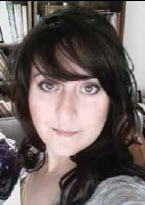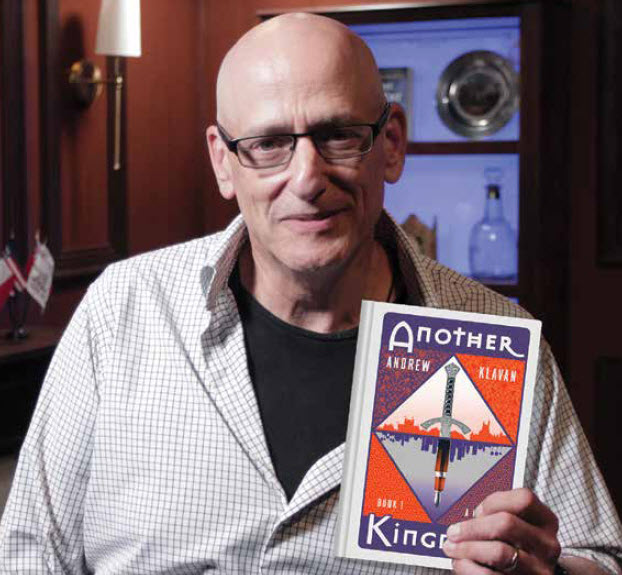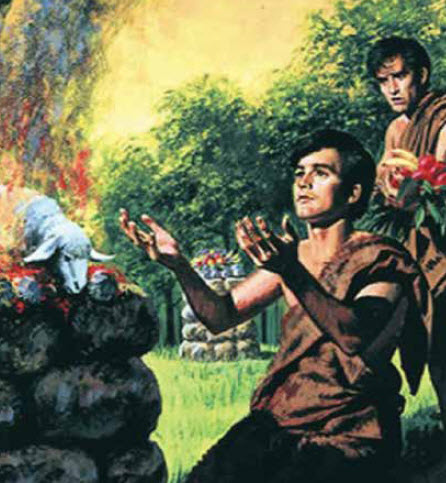What Is Set Before You
 By: Rosemary Dewar
By: Rosemary Dewar
Divisions, differences, and disagreements are occurrences that will always be with us. Our mission in life ought to be to neutralize those differences as much as possible. We are to relate to one another in order to strengthen each other’s assets, and mitigate each other’s weaknesses. This is usually a long, arduous, and painstaking practice, and impulsive actions will typically damage the process.

In order to empathize with those we do not know, we attempt to see the brotherhood of humanity between us. Historically, siblings are rather severe with one another. Within the Judeo-Christian worldview, sibling rivalries are expressions of God’s empathy for humanity, even when he or she wronged the people they should love the most. Cain is jealous for God’s favor, and instead of becoming reflective, he confronts his brother, Abel, ultimately killing him. Yet, God doesn’t avenge Abel immediately. God preserves Cain even though he is to toil more than his father Adam did. Even God’s purpose for Jacob and Esau was uniquely different. Esau was not robust in his practice of serving God like his father Isaac was. It is made clear that God was determined to have Jacob be leader of the faith. Esau became enraged when Jacob was given God’s blessing. Over time Esau’s heart was softened; he was still blessed by God.
Anyone can declare that they love God, or embrace goodness. However, if you hate your brother, you ultimately only hate yourself. If your love is solely dependent on your hunger for admiration and submission from others, you’ll come up empty and isolated. It would become much harder for you to feel any lasting goodness.

God is quite slow to anger while being just. Every judgement is measured, tempered, and executed with agony, no matter how severe the punishment may be. Justice and fulfillment never seem to manifest either when or how we want it. By attempting to take matters into our own hands, we inadvertently put ourselves in the path of being judged. Only discriminate up to the measure you are willing to be scrutinized by others.
We would be wise to practice that in our own relationships. But just how do we humans know how to be wise? In Andrew Klavan’s Another Kingdom, a character states, “Wisdom is loving the good; the greater good more than the lesser.” In order to know what to love, you need to know what not to love. The Judeo-Christian worldview has an answer for this also. You are to meditate on what is true, honest, just, pure, lovely, praiseworthy, and virtuous. How do you know what is ‘good’? In our existence, life and death, blessing and cursing are set before us, and we are urged to choose life not just for ourselves, but also for those we are given in friendship.
By: Rosemary Dewar